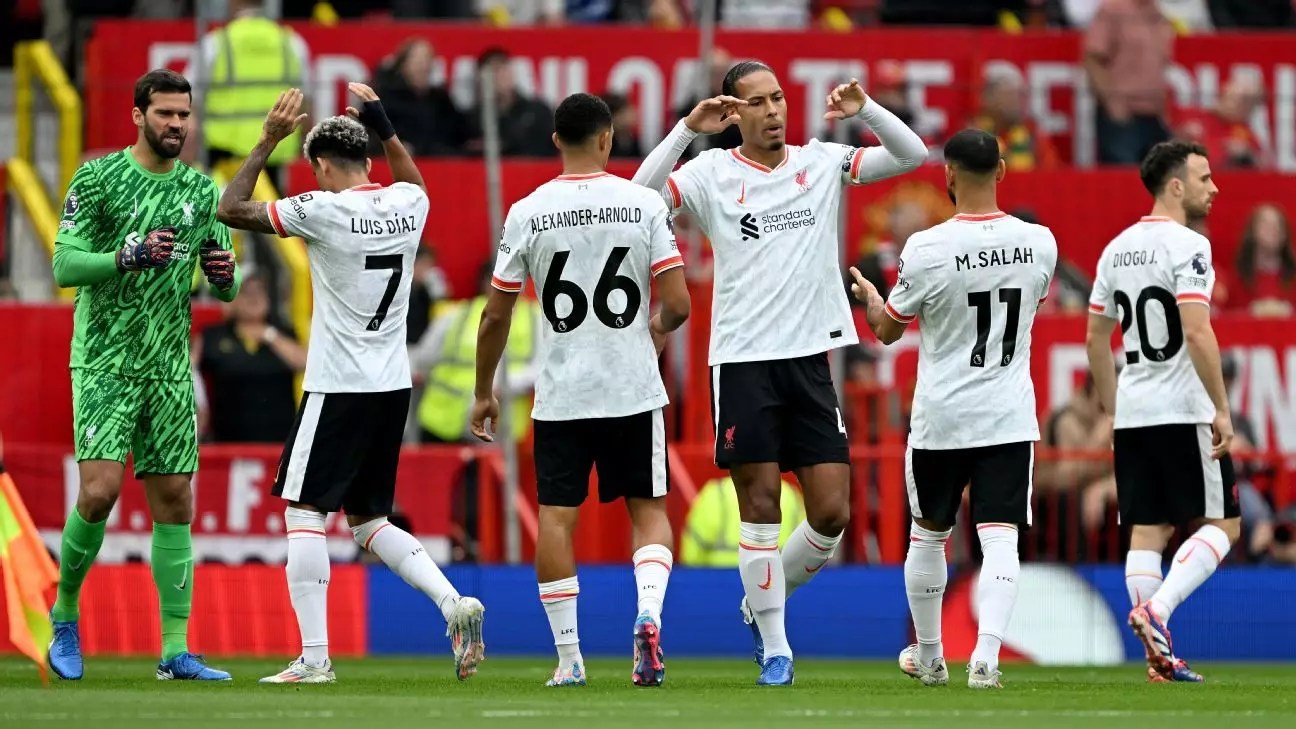The international football landscape is ever-evolving, and FIFA’s latest decision to introduce interim transfer rules stands testament to the organization’s adaptability in the face of changing circumstances. With the Club World Cup slated to take place in the United States from June to July 2025, these rules are designed to ease the transition for players wishing to switch clubs and compete in this prestigious tournament.
FIFA’s recent agreement allows players whose contracts expire on June 30 to register as free agents as they prepare for the highly anticipated Club World Cup. This unique tournament will feature 32 teams, including giants such as Real Madrid, Manchester City, Bayern Munich, and Paris Saint-Germain. The inclusion of players from various backgrounds and teams adds a competitive edge, but the timing around contract expirations necessitated a need for revised rules to prevent logistical headaches and ensure that marquee players could participate.
This strategic move is particularly crucial for clubs and players alike. Clubs need to maintain squad depth and quality during an important tournament, while players require clarity regarding their futures as they prepare for critical matches. The interim rules facilitate a smoother transition, allowing players to formalize their moves and be fully integrated into new teams before the tournament kicks off.
Potential Transfers and Player Impact
Several notable players could find themselves in the limelight due to these provisional transfer rules. The likes of Mohamed Salah, Trent Alexander-Arnold, and Virgil van Dijk from Liverpool, as well as Lille’s Jonathan David and Tottenham’s Son Heung-Min, are among those who might attract significant interest from competing clubs. This anticipation surrounding player movements generates excitement among fans and adds a layer of drama leading up to the tournament.
Moreover, the ability for players to negotiate contracts ahead of the Cup means that clubs can bolster their rosters with high-caliber talent, enhancing the overall competitiveness of the tournament. This is particularly crucial for teams like Manchester City’s Kevin De Bruyne or Bayern Munich’s key players, who could easily become pivotal to their new teams’ success in the tournament. The prospect of star players representing different clubs showcases how dynamic the football transfer market can be.
In addition to the relaxed transfer rules, FIFA has provided exemption to traditional regulations governing player releases for international duty. Notably, U.S. and Mexican players potentially called up for the 2025 Gold Cup, falling concurrently with the Club World Cup, will benefit from these changes. This dual commitment could have disrupted player availability, but FIFA’s ruling seeks to balance club commitments with national pride, thus allowing players to showcase their talents on both fronts.
The inclusion of teams like the Seattle Sounders, Leon, Monterrey, and Pachuca demonstrates how important it is to ensure that local players can compete at a high level while representing their regions and clubs. FIFA’s flexibility here underscores a growing trend towards accommodating the complex world of player commitments.
FIFA’s amendments to transfer market rules aren’t unprecedented. The organization made similar adjustments during the COVID-19 pandemic in 2020 when the extended season necessitated unique considerations in player transfers. The notable case of Timo Werner, who opted to leave RB Leipzig for Chelsea rather than stay for the UEFA Champions League, exemplifies how dynamic transfers can redefine a player’s career trajectory. This flexibility in the rules shows that FIFA recognizes the need to adapt to circumstances and the fluidity of modern football.
As the Club World Cup approaches, it will be fascinating to witness how these interim transfer rules influence not just the tournament structure but also the strategies clubs employ in bolstering their teams. With evolving rules and an adaptive approach, FIFA is setting a precedent for how sports organizations can thrive amidst change, ensuring that player welfare and competitive integrity remain top priorities.
FIFA’s decision to implement these exceptional rules emphasizes a shift towards accommodating the interests of clubs, players, and national teams alike within a rapidly evolving sports environment, foreshadowing an exhilarating tournament in the summer of 2025.


Leave a Reply